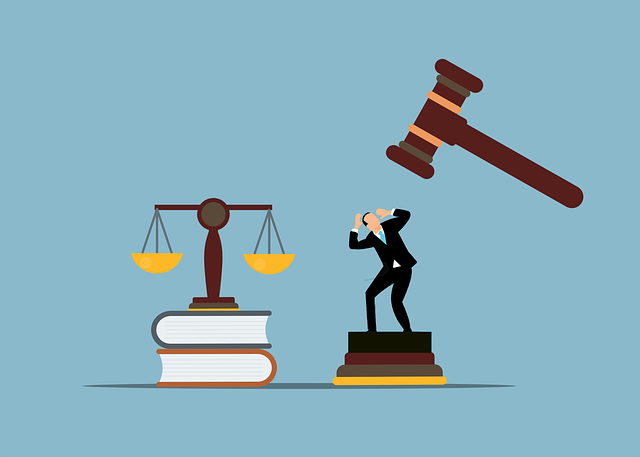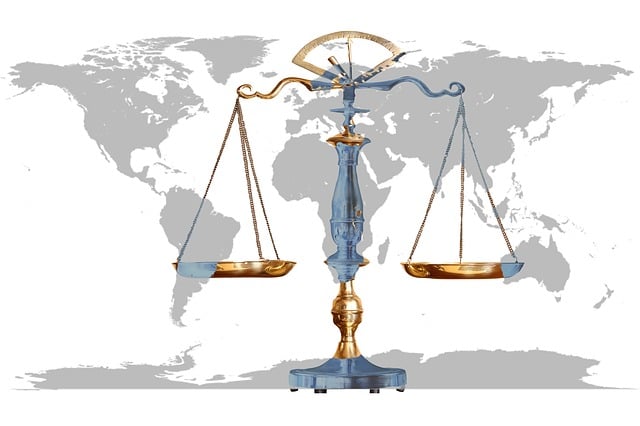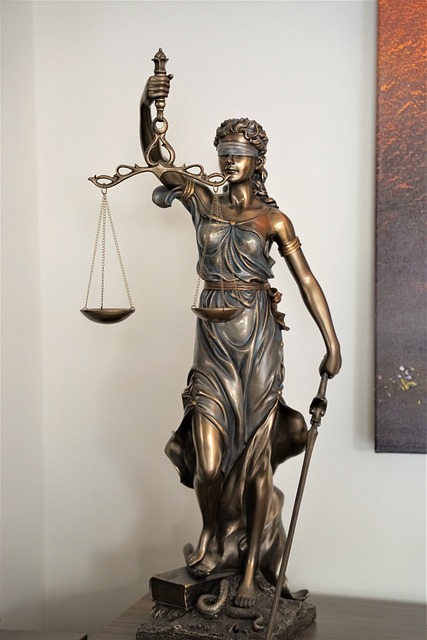In criminal cases, evidentiary rules are crucial for a fair trial. A skilled criminal lawyer Houston understands these rules to protect clients' rights by identifying and challenging inadmissible testimony. They scrutinize witness statements, expose biases, and object to hearsay, forced confessions, and spoliated evidence. By ensuring only legally sound evidence reaches the jury, these lawyers prevent wrongful convictions or acquittals, upholding judicial integrity. Through strategic motions and knowledge of case law, they suppress inadmissible evidence based on Fourth Amendment rights violations or procedural issues, ultimately ensuring a fair trial for their clients.
In the pursuit of justice, understanding evidentiary rules is paramount. This article delves into the critical challenge of improper evidence and inadmissible testimony, a ubiquitous hurdle in criminal cases. A criminal lawyer Houston plays a pivotal role in navigating these complexities. We explore what makes evidence admissible, common types of improper evidence, and effective strategies to seek suppression through motions and legal precedents. Success stories from case studies further illuminate the process.
- Understanding Evidentiary Rules: What Makes Evidence Admissible?
- The Role of a Criminal Lawyer Houston in Identifying and Challenging Inadmissible Testimony
- Common Types of Improper Evidence and Their Impact on Trials
- Strategies to Seek Suppression: Motions and Legal Precedents
- Case Studies: Successful Challenges Against Inadmissible Testimony
Understanding Evidentiary Rules: What Makes Evidence Admissible?

In any legal proceeding, especially in a criminal case, understanding evidentiary rules is paramount. Evidence that is admissible plays a crucial role in shaping the outcome of a trial. A criminal lawyer in Houston, or any other jurisdiction, will be well-versed in these rules to ensure their client’s rights are protected. Admissibility hinges on several factors, including relevance, materiality, and authenticity.
Relevant evidence is that which has a tendency to make a fact more or less probable than it would be without the evidence. In criminal cases, this could mean establishing a connection between the defendant and the crime, proving motive, or refuting a defense strategy. Material evidence directly bears on an issue in dispute. Lastly, for evidence to be admissible, it must be authentic; it should not be altered, tampered with, or falsified in any way. These rules ensure that only reliable and trustworthy information is presented in court, forming the basis of a fair and just trial.
The Role of a Criminal Lawyer Houston in Identifying and Challenging Inadmissible Testimony

When facing criminal charges, having a skilled and knowledgeable criminal lawyer Houston by your side is invaluable. One of their primary roles is to identify and challenge inadmissible testimony, ensuring that evidence presented in court meets legal standards. These legal experts are adept at scrutinizing witness statements, examining their credibility, and uncovering potential biases or weaknesses in their accounts.
A criminal lawyer Houston will employ various strategies to suppress inappropriate testimony. This may include objecting during trial based on hearsay rules, challenging the reliability of memory, or pointing out inconsistencies between previous statements and current testimony. Their goal is to protect their client’s rights by keeping irrelevant or unduly prejudicial information from influencing the jury’s decision.
Common Types of Improper Evidence and Their Impact on Trials

In criminal cases, evidence plays a pivotal role in shaping the outcome of trials. However, improper evidence can significantly skew justice and lead to unfair verdicts. Common types of inadmissible evidence include statements that violate a defendant’s right against self-incrimination, such as forced confessions or unvoluntarily made admissions. Additionally, hearsay testimony, which refers to out-of-court statements offered to prove the truth of their content, is often excluded unless an exception applies. Another form of improper evidence is the exclusion of crucial defense evidence that could have refuted the prosecution’s case, a practice known as spoliation of evidence.
The impact of these types of improper evidence on trials cannot be overstated. They can undermine the integrity of the judicial process, leading to potential wrongful convictions or acquittals. A criminal lawyer in Houston, like many elsewhere, must be adept at recognizing and challenging such evidence to ensure a fair trial for their clients. By understanding the rules governing evidence admissibility and strategically navigating legal procedures, these attorneys play a crucial role in protecting their clients’ rights and upholding the integrity of the legal system.
Strategies to Seek Suppression: Motions and Legal Precedents

Seeking suppression of inadmissible evidence or testimony is a critical strategy employed by criminal lawyers in Houston to ensure a fair trial for their clients. A well-crafted motion to suppress is the first step, where legal counsel presents arguments based on specific rules of evidence and relevant case law. They must demonstrate that the evidence was obtained in violation of the defendant’s rights, such as those protected under the Fourth Amendment (protection against unreasonable searches and seizures).
Legal precedents play a significant role here; previous court decisions establish guidelines for evaluating the admissibility of evidence. Houston criminal lawyers stay abreast of these precedents to build robust cases for suppression. They may argue that certain statements were made without proper Miranda warnings, or that search warrants lacked sufficient probable cause, rendering the resulting evidence inadmissible. This process requires meticulous attention to detail and a deep understanding of complex legal principles.
Case Studies: Successful Challenges Against Inadmissible Testimony

In the world of criminal law, a skilled criminal lawyer in Houston understands the importance of combatting inadmissible testimony and improperly admitted evidence. Case studies across Texas and beyond illustrate successful challenges against such testimony, where legal teams have managed to exclude crucial yet dubious evidence from reaching juries. These victories often hinge on meticulous cross-examination, revealing inconsistencies or biases in witness accounts, and leveraging rules of evidence to suppress unreliable or unduly prejudicial material.
For instance, a Houston criminal lawyer might successfully argue that a police officer’s testimony about an eyewitness identification is inadmissible due to the suggestive nature of a lineup procedure. Another case may involve challenging the reliability of forensic evidence, such as DNA analysis, when proper protocols weren’t followed, leading to a dismissal or a retrial. These examples underscore the significance of thorough legal strategy and the continuous evolution of evidentiary rules, which serve to protect the integrity of criminal proceedings.
In navigating the complex landscape of evidentiary rules, a criminal lawyer Houston plays a pivotal role in ensuring fairness and justice. By understanding what makes evidence admissible, they can effectively identify and challenge improper testimony and inadmissible evidence. Through strategic motions and leveraging legal precedents, these professionals safeguard their clients’ rights and uphold the integrity of the judicial process. Case studies demonstrating successful challenges further underscore the importance of such vigilant advocacy in the pursuit of a fair trial.
